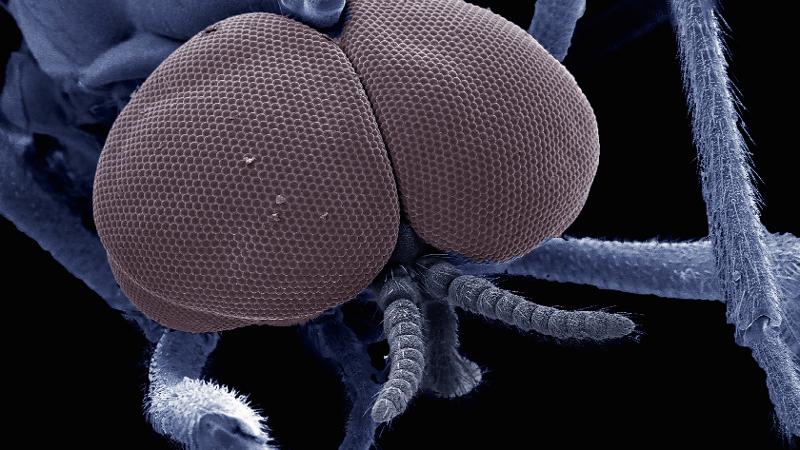First published 3 August 2018
The grants have been announced by Federal Minister for Education and Training, Senator Simon Birmingham.
Associate Professor Andrew J. Zele from QUT’s School of Optometry and Vision Science has been awarded $988,541 over four years to advance his work into the impact of the recently discovered melanopsin photopigment in the eye that mediates the effects of light on vision, sleep and mood.

“For thousands of years our body clocks have been regulated by the rising and setting of the sun but this is increasingly impacted by artificial lighting and particularly that emitted from the various screens people view,” Professor Zele said.
“It’s important to get a better understanding of how melanopsin controls these effects of light on human behaviour, how we see and experience the world; the technologies we develop will then help to redefine our knowledge of human vision.”
Associate Professor Ziqi Sun, for QUT Science and Engineering Faculty, was awarded $898,125 for his work designing multifunctional nanomaterials with bio-mimicking functions for sustainable development and energy applications that borrow from the best of nature.
“Millions of years of evolution and natural selection have turned the biological world into an effective materials-development laboratory,” Professor Sun said.
“Fly eyes have evolved to be very sensitive to the tiny amount of visible light in very dark environment, which have inspired us to design novel inorganic nanomaterials to capture energy across a wide solar spectrum using only one material. We can incorporate the bio-inspired materials into modern solar cells for an impressive boost in solar energy harvesting and conversion.
“Another example is the Namibian Beetle of Southern Africa – one of the world’s driest regions. It harvests water vapour from fog using its wings and is the inspiration behind a number of water collection devices in the Middle East and elsewhere.

“There are plants that are absolutely brilliant at removing particles from the air – a bit like sticky tape can catch dust. We can learn a lot from nature and apply it to the human experience as well as help the planet.”
The other ARC Future Fellows announced for 2018 were:
Assistant Professor Yi-Chin Toh - awarded $723,125 to develop a novel, modular microfluidic platform that overcomes current limitations of integrated systems in synchronising multi-tissue culture, imaging and operational complexity. This project will deliver a first-in-class platform technology and establish international and disciplinary collaborations to develop different tissue and engineering modules relevant to applications in systemic nanotoxicology, drug bioactivation and chronic diseases.
Dr Dan Nicolau – awarded $978, 125 to develop technology with the potential to disrupt computation by providing a way to solve combinatorial mathematical problems in an efficient manner; namely giving them the ‘human’ ability to multi-task.
See all the recipients of the ARC Future Fellowships 2018 (round one) online.
QUT is part of a national collaborative group of five major Australian universities that form the ATN (Australian Technology Network of Universities).
Media contact:
Amanda Weaver, QUT Media, 07 3138 3151, amanda.weaver@qut.edu.au
After hours: Rose Trapnell, 0407 585 901, media@qut.edu.au




